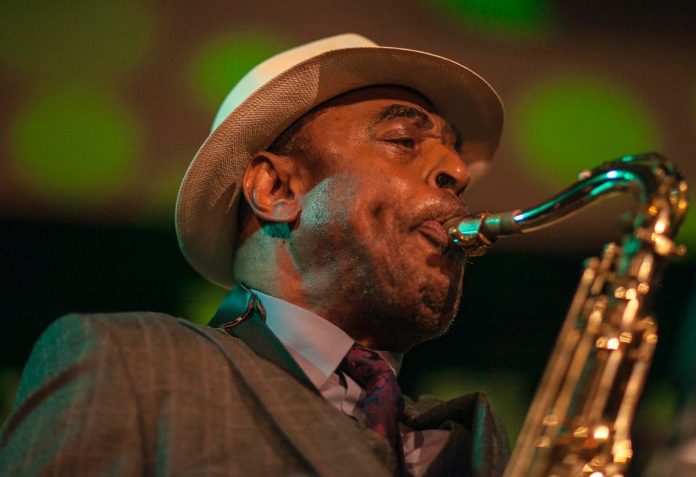
—1250— AH, SOUL!
‘Young black people today grow up with no knowledge of black jazz, of the great Fletcher Henderson band, the poetry of Fats Waller, the rhythmic complexity of Mr Willie “The Lion” Smith. What is behind this whole concept is a kind of 1984 brainwash, in which Negroes become their logical fingerpoppin’ selves, jigging endlessly to the latest “Soul Brother” number one.
‘Black people no less than white should be wary of this new electronic trick and the implied destruction of American culture. For when Negroes cease listening to John Coltrane, to Duke Ellington, to Cecil Taylor, they lose that continuity from the farm to the city (since blues music is and always has been primarily country music) and they lose that sense of, and pride in, their own cultural heritage, robbed of them again by the new white minstrel man.’
The above is excerpted from an article entitled ‘Are New Minstrel Men Robbing The Blacks?’ by Archie Shepp in the New York Times of March 7th. Shepp makes some good points, but it is too much to blame the black turning away from jazz on whitey. As we have often remarked, the New Thing or Free Jazz movement has not achieved a black audience, has not communicated with the people whose rage, bitterness and beauty it is supposed to be expressing. Those who everywhere best perceive its virtues are white intellectuals.
In the same paper on the same day was another article by a soul brother named Clayton Riley, this one entitled ‘The New Freedom Rapping’. It was concerned with a couple of Flying Dutchman records, one by John Carter and Bobby Bradford, the other by Leon Thomas. Where Shepp’s was serious and well worded, this was full of jive. What are Carter and Bradford up to? ‘Searching for challenging rhythmic structures’, writes Riley. ‘New references. Liberating their instruments from certain structural procedures … (chord changes and what-not).’ Well, what not?
He also writes about Art Tatum, ‘whose icy piano techniques, perhaps the most unorthodox ever, sent European slummers shuddering from Harlem night clubs whenever he played.’
The voices of ignorance keep growing louder.















